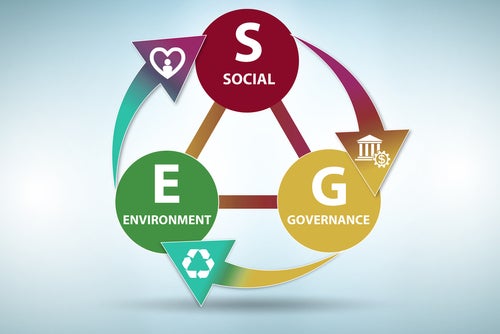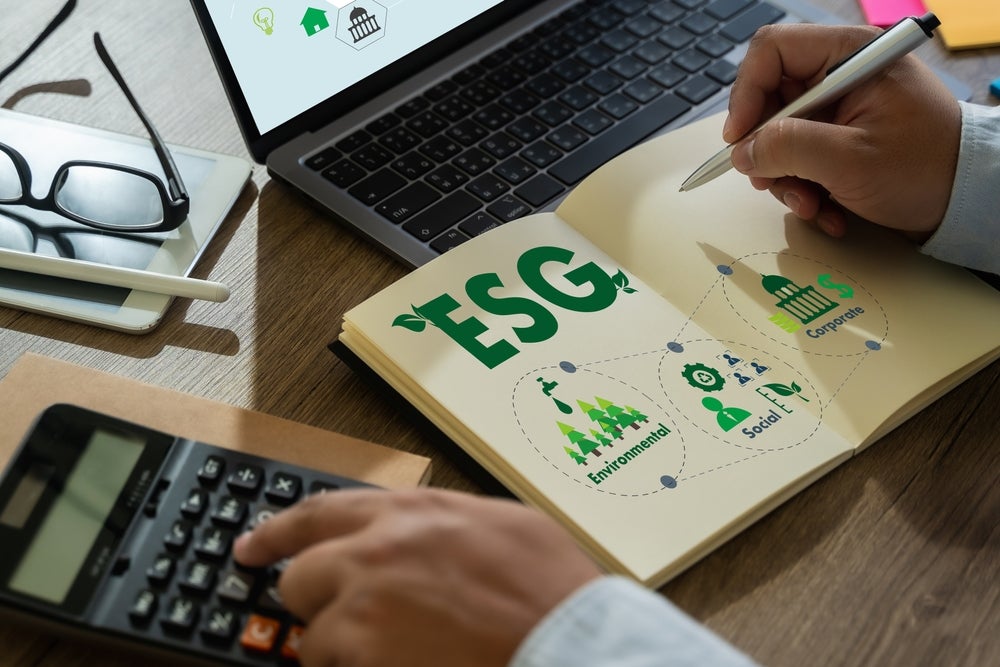
Keen to show that they are pulling their weight in shaping a net-zero future, banks and other financial institutions are increasing investments into ESG funds. According to Morningstar, global sustainable fund assets totalled $2.77 trillion at the end of the first quarter of 2022, up from $1 trillion in 2019.
However, the legitimacy of these funds often comes into question, with banks often accused of greenwashing. In fact, on May 23, the US Securities and Exchange Commission (SEC) fined BNY Mellon’s investment adviser division $1.5 million for allegedly misstating and omitting information about ESG investment considerations for mutual funds that it manages. This month, Tesla CEO Elon Musk labelled ESG as a “scam that has been weaponized by social justice warriors” after Tesla was removed from the S&P 500 ESG index, citing its “lack of a low-carbon strategy” as well as “codes of business conduct”.
ESG investing fails to take the bigger picture into account
There has been further criticism that ESG rating agencies fail to acknowledge the bigger picture and assess a company’s wider impact. The Tesla example is a case in point. While Tesla was removed from the S&P 500 ESG index, Exxon Mobil—one of the biggest polluters—remains on the list.
ESG rating agencies are flooding the market, all with unique rating methodologies assessing companies on a range of ESG factorsto determine how sustainable a company is. Research from MIT Sloane School of Management found the correlation among six prominent rating agencies (KLD/MSCI Stats, Sustainalytics, Vigeo Eiris/Moody’s, RobecoSAM/S&P Global, Asset4/Refinitiv, and MSCI) was on average 0.61. In comparison, mainstream credit ratings from Moody’s and Standard & Poor’s are correlated at 0.99.
Investors rely heavily on these third-party assessments to make investment decisions; however, different providers often fail to reach a consensus on how sustainable a company is. This is partly down to their differences in methodology but also due to the lack of standardized corporate ESG disclosure. These discrepancies mean that funds are often marketed as sustainable ESG funds without having to substantiate these claims. You could go as far as to label this greenwashing.
Regulators are upping the ante on greenwashing
Given its importance in the net-zero transition, the financial sector is firmly in the sights of regulators who are looking to stamp out greenwashing. The US Securities and Exchange Commission (SEC) is expected to unveil new rules that crack down on unfounded ESG claims, which will outline how ESG funds should be marketed and how investment advisors should disclose their reasoning when labeling a fund as well as underlying data used to support these claims. SEC Chair Gary Gensler has likened this to a nutrition label for investing.
How well do you really know your competitors?
Access the most comprehensive Company Profiles on the market, powered by GlobalData. Save hours of research. Gain competitive edge.

Thank you!
Your download email will arrive shortly
Not ready to buy yet? Download a free sample
We are confident about the unique quality of our Company Profiles. However, we want you to make the most beneficial decision for your business, so we offer a free sample that you can download by submitting the below form
By GlobalDataThe new rules will bring the US in line with the European Union, which introduced its Sustainable Finance Disclosure Regulation (SFDR) that requires specific firm-level disclosures for financial market participants regarding how they address Sustainability Risks and Principal Adverse Impacts as well as requiring fund managers to classify funds into three distinct categories, according to the degree to which sustainability is a consideration. The fine against BNY Mellon was a warning that the SEC is upping the ante and the early signs suggest that the SEC is heading in the right direction to fix the image problem surrounding ESG investing.







Related Company Profiles
Exxon Mobil Corp
Tesla Inc
Moody's Corp
MSCI Inc